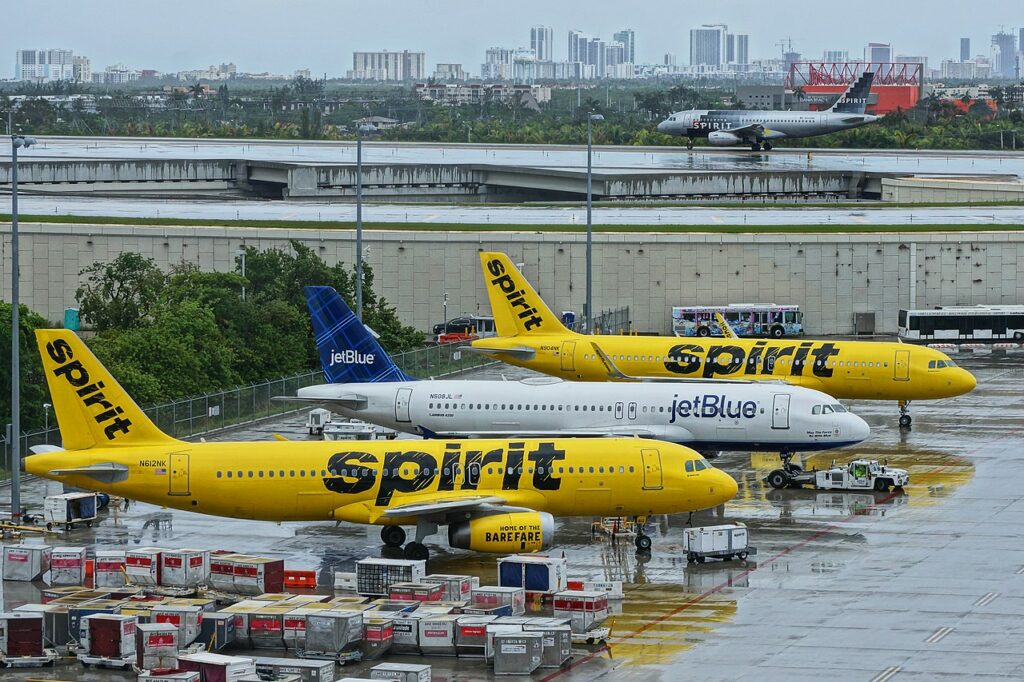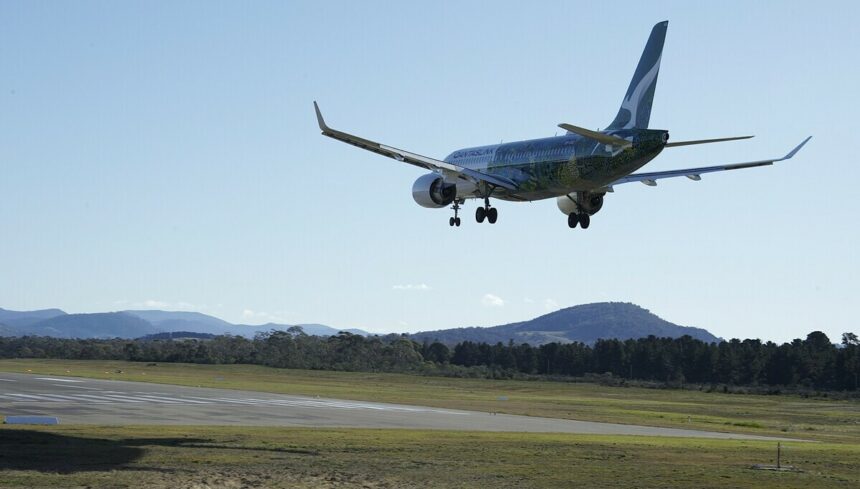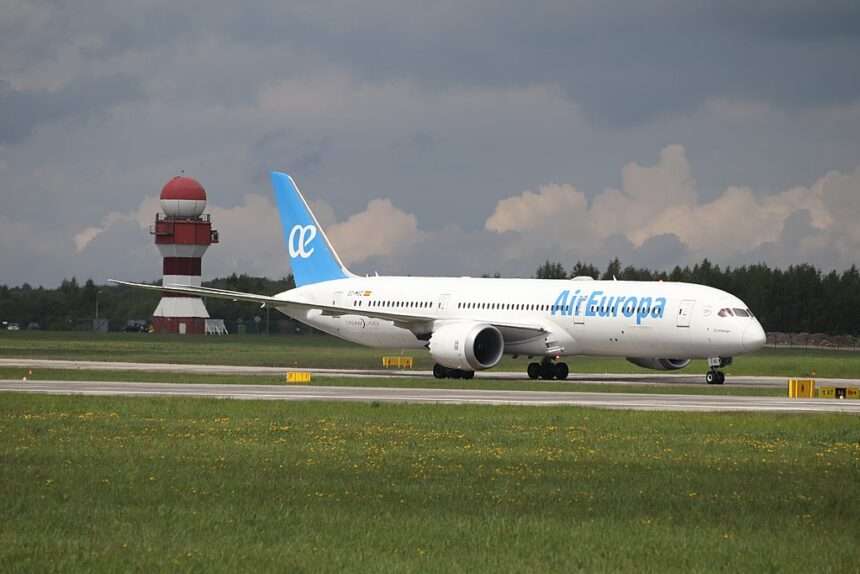In a statement issued on Tuesday 7 March, the US Department of Transportation (USDOT) voiced its support for the Justice Department’s lawsuit to block the proposed merger between US carriers JetBlue and Spirit Airlines.
In publicly voicing their support for the lawsuit which has been enacted under the Clayton Act. The USDOT states that “robust airline competition makes it more affordable to fly.”
Elaborating on their prime reason for blocking the two airline merger, the USDOT said that “Travellers depend on low cost flight options to see the world, go home for the holidays, visit their family and friends, show up to help in an emergency, or travel at the last minute.”
The essence of the Justice Department’s legal action to block the consolidation of the two airlines was its finding that the proposed merger violated the US Clayton act by eliminating the largest, most aggressive ultra- low-cost competitor.
According to the Justice Department this effectively grounded Spirit Airlines most cost-conscious customers, and would have the effect of substantially reducing competition on a significant number of concentrated routes that carry millions of passengers.
The JetBlue – Spirit merger
The two US airlines, JetBlue and Spirit, have filed a transfer application requesting that the DOT allow the combination and operations of their respective international routes under one certificate.
In addition to this, the two airlines also filed an exemption application with the DOT, requesting permission to operate under common ownership prior to the proposed transfer.
US DOT action
On the basis of the proposed lawsuit lodged by the US Justice Department, the USDOT has stated that they plan to deny the exemption application requested by the two airlines.
The Department further states that it will continue to separately investigate the transfer application request as “part of its statutory public interest mandate, and under its authority to enforce against unfair and deceptive practices and unfair methods of competition.”
The Department closed its statement by reinforcing that its mandate was to promote competition, and as such that remains the key priority.
In acting in the best interests of consumers, it states that it is “aggressively strengthening consumer protections to ensure that airlines aren’t competing in a race to the bottom.”
About the airlines
Spirit Airlines
Spirit Airlines operates on an ultra-low-cost basis, and operates scheduled flights throughout the United States, the Caribbean, Mexico, and Central and South America.
The airline is headquartered in Miramar, Florida, and operates out of several hubs including Fort Lauderdale-Hollywood International Airport, Orlando International Airport, and Dallas/Fort Worth International Airport.
Spirit Airlines is known for its no-frills, low-cost approach to air travel, which typifies the ultra-low-cost model.
JetBlue
JetBlue Airways is a low-cost airline; founded in 1998 and headquartered in New York City. The airline operates flights throughout the United States, as well as to the Caribbean, Mexico, Central America, and South America.
JetBlue is known for its emphasis on customer service and amenities, which set it apart from many other low-cost carriers.









